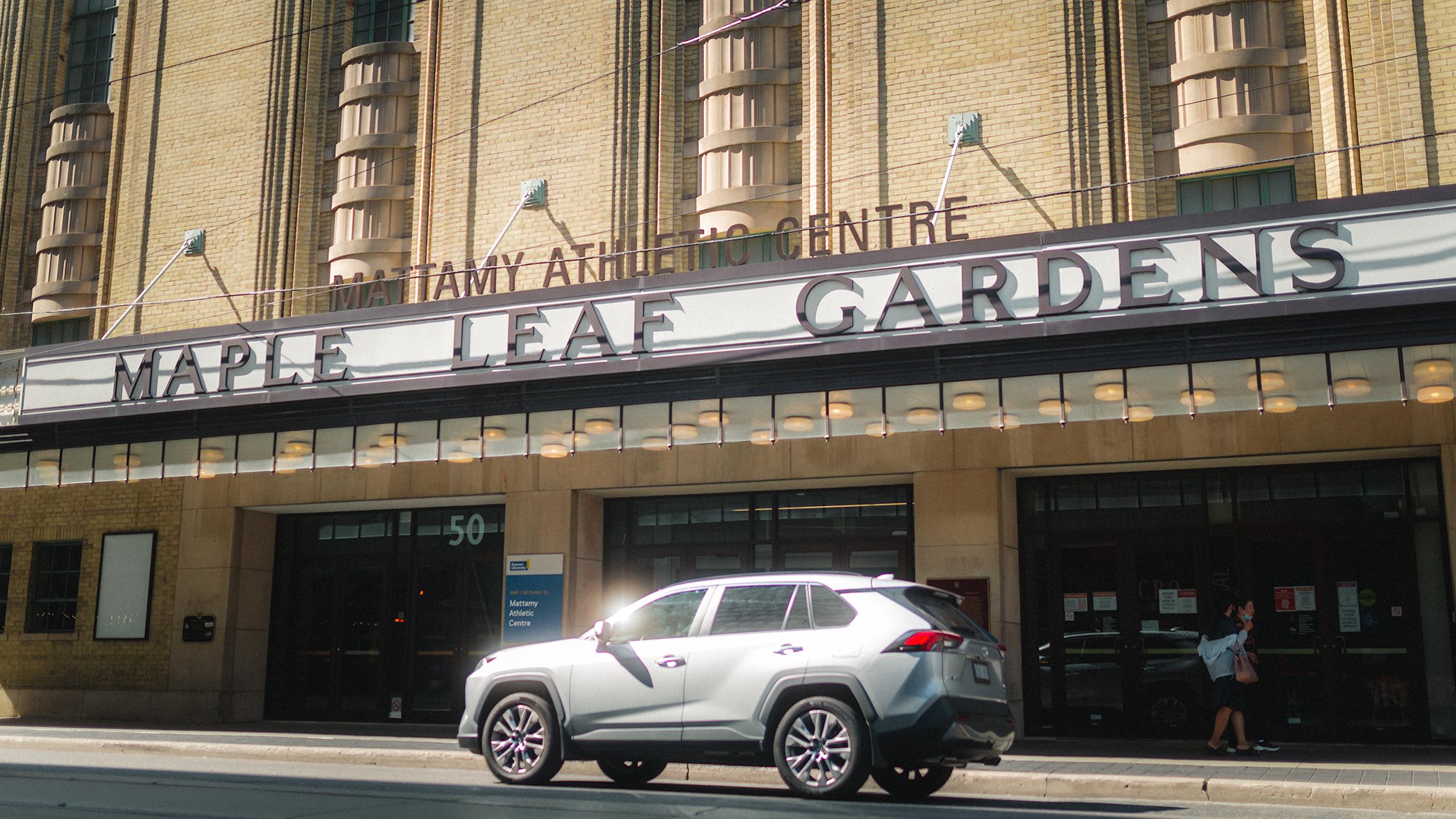By Elena De Luigi
Ryerson president Mohamed Lachemi has offered the city of Toronto one of the school’s athletic centres as a mass COVID-19 vaccination site.
Lachemi commented on a LinkedIn post by Melinda Rogers-Hixon, a member of the board of directors at the Maple Leaf Sports & Entertainment Partnership, expressing his interest in using the Mattamy Athletic Centre (MAC) as a mass vaccination site in an effort to ramp up vaccine distribution.
“Ryerson is more than willing to make the [MAC] at the Gardens available for mass vaccination,” wrote Lachemi.
The City of Toronto piloted the Metro Toronto Convention Centre as its first mass vaccination site. However, it was shut down within five days due to a shortage in vaccine supplies as a result of production issues, as reported by Toronto Star.
In an interview with The Eyeopener, Lachemi said the university has the medical and administrative capability and capacity to administer vaccines, but the decision to open a site lies solely with municipal and provincial orders.
“Given our role as city builders, we are more than willing to offer [MAC] as a mass vaccination centre,” said Lachemi. “This is an offer from us, but it’s not our decision.”
Ryerson professor and public health expert Timothy Sly said the news of Lachemi offering the MAC as a mass vaccination site was not surprising. With rising COVID-19 cases and the high demand for a vaccine, he said the number of doses being dispersed would have to increase enormously.
Sly said to reach herd immunity across the province by October, about two-thirds of Ontario’s population would have to be vaccinated. This would mean immunizing a minimum of 10 million people with two doses of the vaccine.
He said those figures add up to about 68,000 vaccinations every day, but the province was only hitting about 4,400 daily doses as of Sunday morning.
Sly said if the vaccination count doesn’t go up, “We’re going to begin vaccinating way into 2022. The job is enormous.”
“You’d need to coordinate where people come. Lots of labelling, lots of signage, lots of arrows, different languages”
Sly added that a mass vaccination site at the MAC would look like a large number of injection stations with health professionals such as registered nurses, physicians, pharmacists and even nursing assistants who know how to distribute the vaccine.
It would also involve crowd control, hand sanitizer, mandatory mask protocols, laneways for people to be physically distant from each other and vaccinations offered by appointment only.
The only disadvantage in using the MAC, said Sly, would be the limited amount of parking available.
“You’d need to coordinate where people come. Lots of labelling, lots of signage, lots of arrows, different languages…so people don’t feel as if they have to really struggle to find where they’re supposed to be going. It should be easy.”
Sly also mentioned the site should have space where people can sit and wait for about 20 to 25 minutes just in case a serious allergic reaction occurs, a screening process at the door and free masks available in case someone does not have one.
Lachemi said that when the time comes, the university will be ready to consult with health system planners and other key stakeholders to discuss the possibility of providing another vaccination site to aid the vaccine’s rollout.
Ontario is currently in its first phase of the three-phase rollout of the vaccines. The general population—including Ryerson students—is anticipated to be vaccinated in phase three, which will occur when vaccines are available for every Ontario resident that wants to take them. The provincial government said this will happen around August this year.
“We need to be patient and wait a bit,” Lachemi said.










Leave a Reply